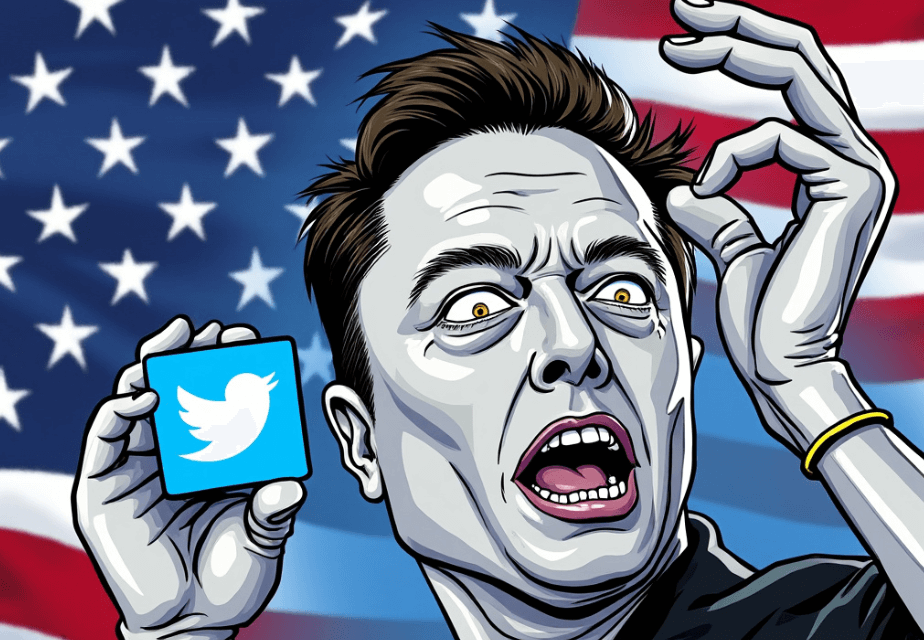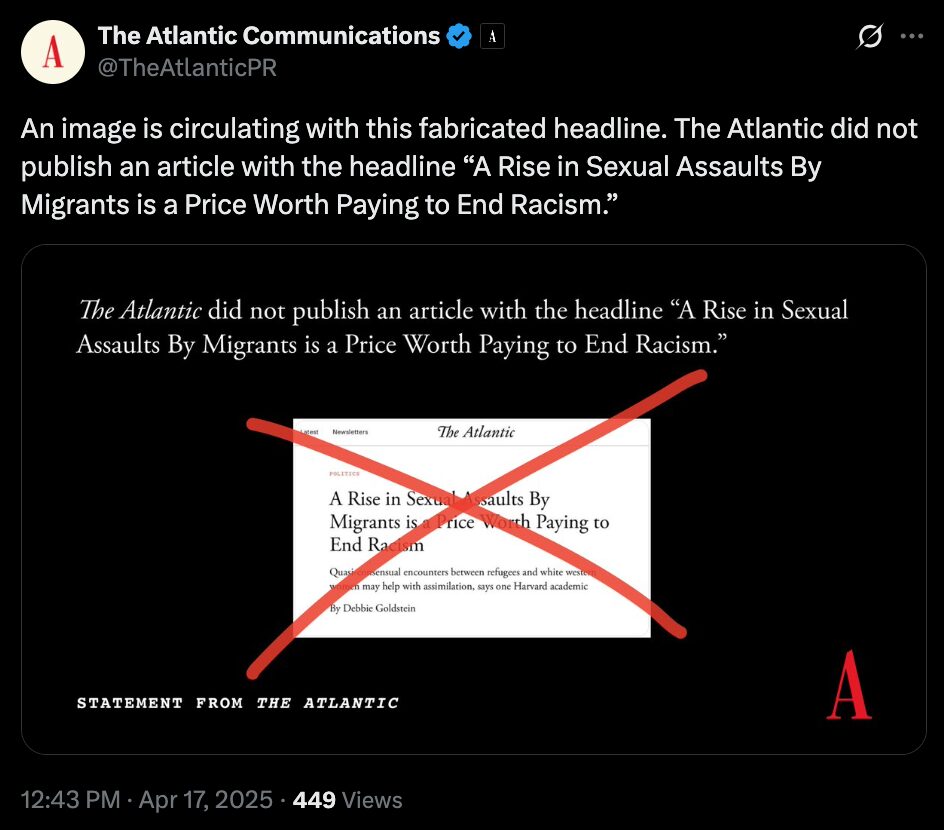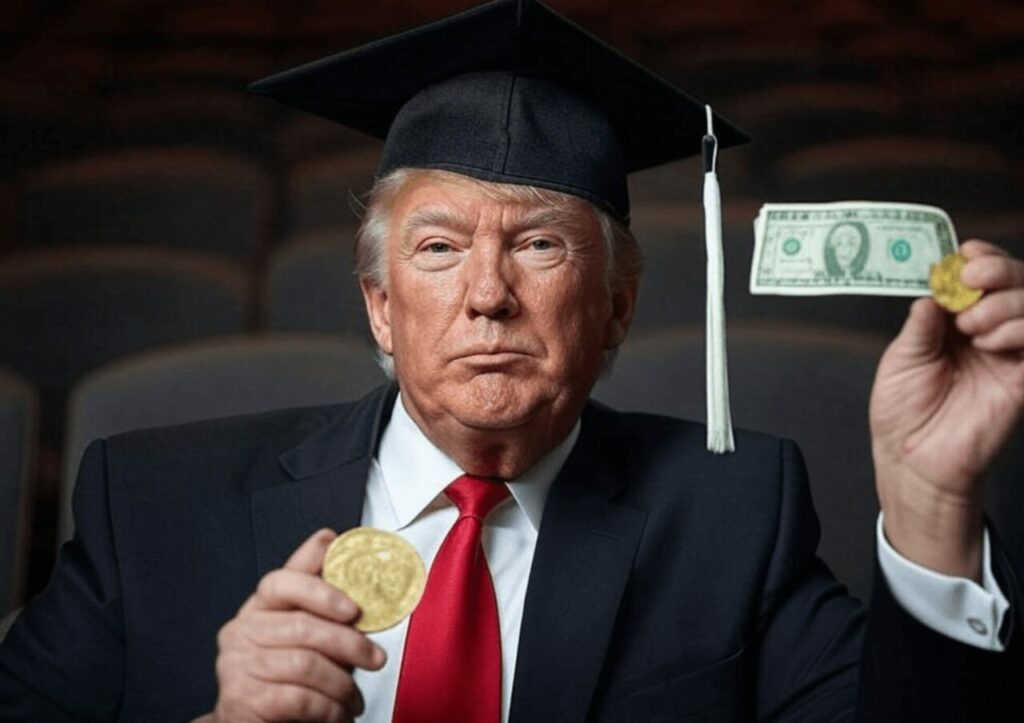How To Break Up This Pointless Party of Very Petty People
Defrauding American democracy used to be a big deal. The concept itself, however, has become commodified and distorted. Most people would be dismayed if they understood just how fake American democracy is.
The Department of Government Efficiency (DOGE) has evolved into a spectacle of billionaires parading their influence as if they were official cabinet members. Figures like Elon Musk, Vivek Ramaswamy, and others are using their wealth, media platforms, and proximity to Donald Trump to promote an agenda cloaked in the promise of “efficiency.” But beneath the surface lies a blatant subversion of democratic principles. By evading competitive procurement processes, such as the 3-name specification required for government contracting, DOGE commits an act that is not just unethical but fraudulent in its exclusion of alternative teams and ideas. This fraudulent construct denies fair competition, weakens public trust, and allows billionaires to monopolize influence without accountability.
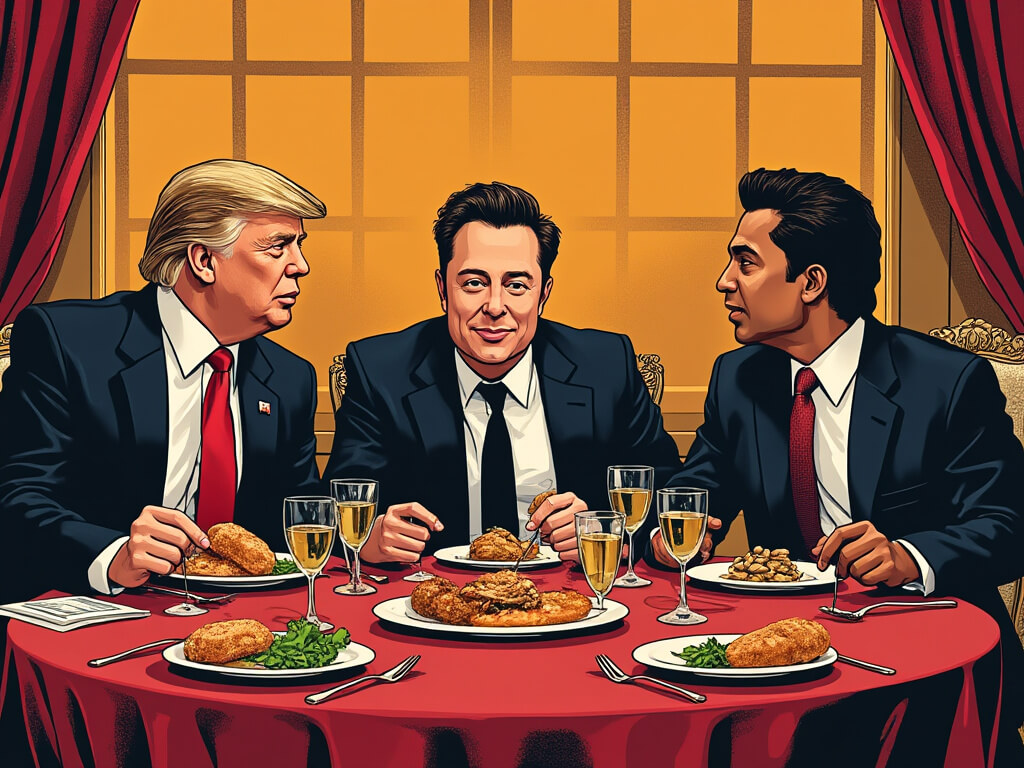
The 3-Name Specification: A Shield Against Cronyism
The 3-name spec is a fundamental safeguard in government contracting designed to:
- Promote Fair Competition: By considering at least three vendors or teams, the government ensures a diversity of ideas and approaches to solving complex issues.
- Protect Against Fraud: Competitive bidding prevents favoritism and ensures taxpayer money is used efficiently.
- Encourage Innovation: Allowing multiple teams to present proposals opens the door to creative, cost-effective solutions.

By evading this process, DOGE denies qualified competitors—such as think tanks, consulting firms, or academic institutions—the opportunity to present better alternatives. This is not just a procedural oversight—it is a fraudulent act that subverts the very principles of fairness and transparency upon which public trust depends.
Fraudulent by Design: The Absence of Alternatives
DOGE’s creation without adhering to the 3-name spec raises critical questions about its legitimacy:
- Why Was There No Competition?
- If DOGE’s mission is to promote government efficiency, why weren’t at least two other teams of experts considered for the effort? Many organizations, from renowned consulting firms to civic organizations, specialize in identifying inefficiencies in government spending.
- The absence of alternatives suggests that DOGE was pre-selected based on personal and political connections rather than merit.
- What Was the Selection Process?
- Was there any transparent process for evaluating proposals, or was DOGE installed without scrutiny? The lack of documentation or accountability points to intentional fraud—a scheme to favor a specific group while excluding others.
By bypassing the 3-name spec, DOGE denies the public the benefits of a true competitive process, effectively defrauding taxpayers.
The Billionaire Monopoly on Influence






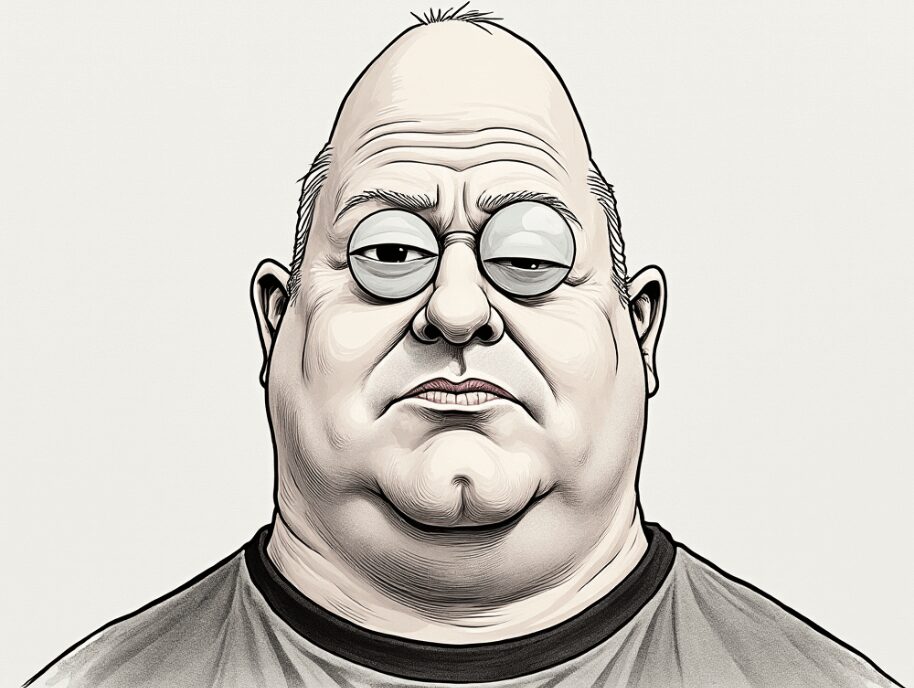
A cadre of other billionaires with bad ideas have been joining the ranks of DOGE. Marc Andreessen, as well as plenty of others. This wall of sameness is driving innovation into the ground. They all believe in science-fiction but aren’t creative enough to write their own scripts. DOGE’s fraudulent evasion of competition enables a monopoly on influence by a small group of billionaires. This exclusionary system has dire consequences for democracy:
- Crowding Out Alternatives:
- By claiming to be the sole solution to government inefficiency, DOGE effectively blocks other teams—teams that might include policy experts, grassroots organizations, or more ethical corporations—from proposing their ideas. Moreover, imagine if an open process had allowed two other teams to present alternatives—teams without ties to cryptocurrency speculation or billionaires’ personal interests. In such a scenario, this competition could have revealed far more effective and transparent solutions.
- Exploitation of Public Trust:
- The billionaires involved in DOGE, particularly Elon Musk, use their platforms to project an image of innovation and public service. But their interests often align with their own financial gain, such as promoting cryptocurrencies they have stakes in.
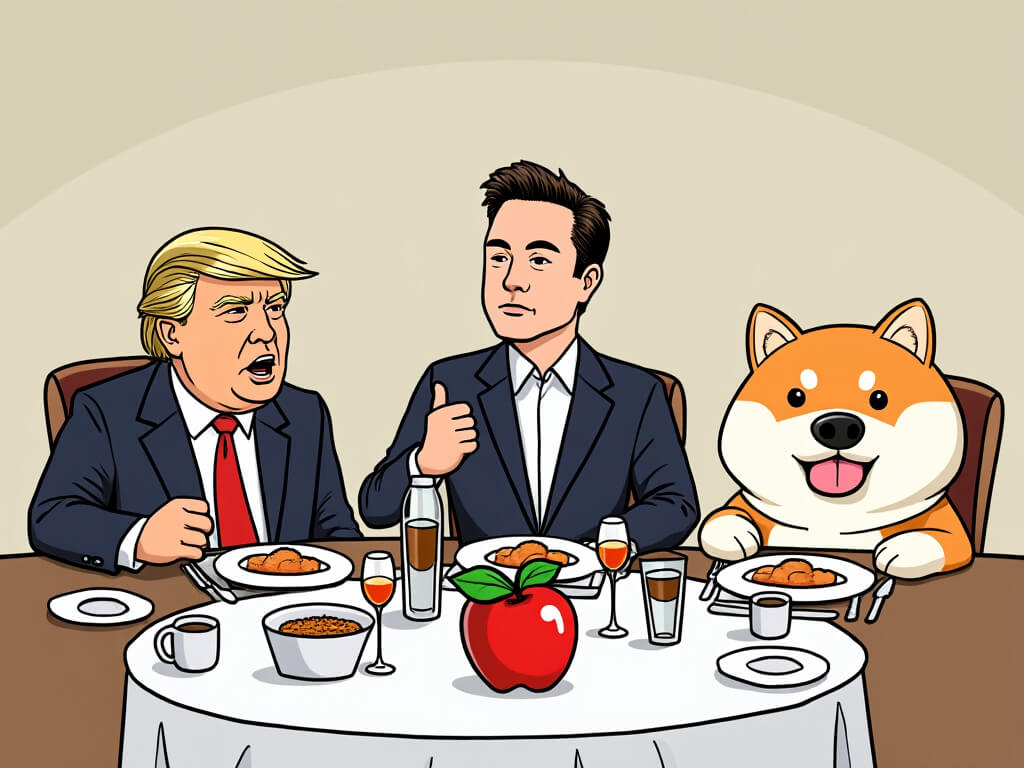
The fraudulent exclusion of competitors, therefore, transforms DOGE into a private fiefdom where the interests of a few ultimately outweigh the collective good.
The Cost of Fraud: What Americans Lose
By evading the 3-name spec and excluding other teams, DOGE deprives the American people of:
- Diverse Perspectives:
- No single group has a monopoly on good ideas. Allowing other teams to compete could have introduced solutions that reflect the needs of diverse communities, not just billionaires.
- Accountability:
- In a competitive process, teams must justify their proposals and demonstrate measurable results. Without this, DOGE operates without oversight or performance metrics.
- Innovation:
- Competitors bring creative approaches to challenges. The absence of competition stifles innovation and ensures the same entrenched players maintain control.
Congress’s Failure: Negligence or Collusion?
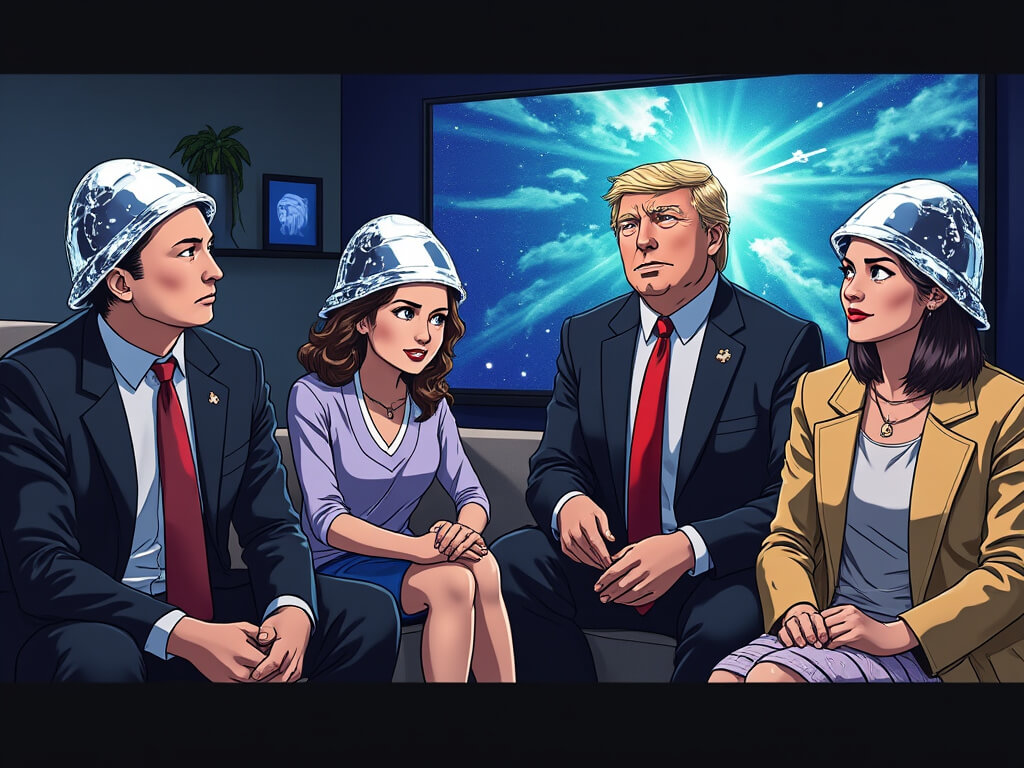
Negligence
If Congress failed to demand a competitive process for DOGE’s creation, it reflects gross negligence:
- Failure to Enforce Procurement Laws:
- Congress has an obligation to ensure that federal initiatives follow established procedures, including competitive bidding requirements like the 3-name spec.
- Incompetence in Oversight:
- Congress’s inability to question or investigate DOGE’s formation highlights a broader failure to protect public interests.
Collusion
Alternatively, Congress’s inaction may indicate complicity:
- Political Favoritism:
- Members of Congress with ties to DOGE’s leaders may have chosen to overlook the lack of competition to curry favor with powerful billionaires.
- Shared Interests:
- Congress’s silence suggests a willingness to enable DOGE’s fraudulent practices for political or financial gain.
Regardless of the cause, Congress’s failure to enforce fair competition makes it complicit in DOGE’s fraud.
The Civil Rights Dimension: Excluding the Public
By fraudulently evading competition, DOGE also undermines civil rights and the sovereignty of the public:
- The Right to Fair Representation:
- Government policies should reflect the needs of the people, not the preferences of a billionaire boys’ club. By excluding diverse voices, DOGE disenfranchises the public.
- The Right to Petition:
- When billionaires monopolize influence, ordinary citizens lose access to the levers of power, making it harder to hold the government accountable.
The fraudulent exclusion of competitors violates the fundamental democratic principle that government should serve the people, not private elites.
A Call for Accountability
To address the fraudulent creation and operation of DOGE, immediate action is required:
- Investigate the Process:
- Congress must launch a full investigation into how DOGE was created, including why it bypassed competitive procurement processes like the 3-name spec.
- Open the Field to Competitors:
- The government should reopen the process to allow at least two other teams to present alternative solutions for improving efficiency.
- Enforce Procurement Laws:
- Congress must strengthen enforcement of procurement laws to ensure that future initiatives are awarded through transparent and competitive processes.
- Demand Transparency from DOGE:
- DOGE must disclose its financial interests, decision-making processes, and metrics for success.
Fraudulent Exclusion in the Name of “Efficiency”
DOGE’s creation without a 3-name spec is not just a procedural oversight; rather, it is a fraudulent act that denies the public fair representation and accountability. Furthermore, by excluding alternative teams, DOGE entrenches the influence of a billionaire boys’ club, thereby undermining democracy and depriving the nation of innovative solutions. Meanwhile, Congress’s failure to act—whether through negligence or collusion—not only enables but also makes it complicit in this fraud. To restore trust and integrity, the public must demand transparency, accountability, and the inclusion of diverse voices in government initiatives. Without competition, efficiency becomes a cover for corruption, and democracy becomes a tool for the powerful to enrich themselves.
